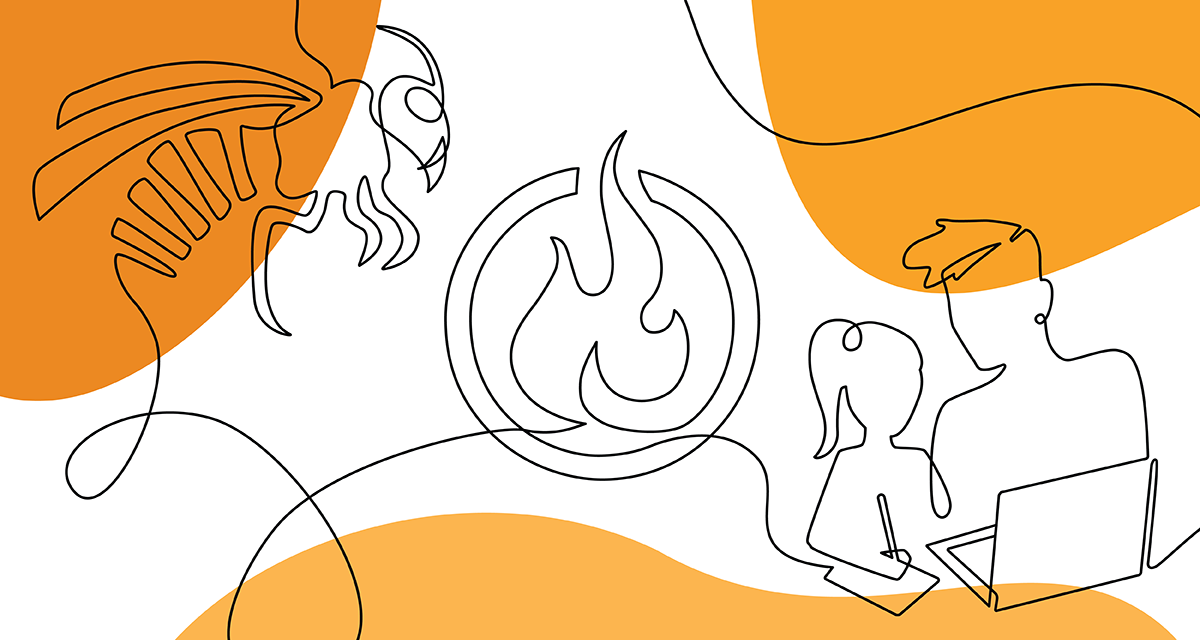It’s Been One Hell of a Year
Our bodies and minds are generally well-equipped to handle tough situations. We have hormones for that! Notably, our bodies produce cortisol and adrenaline to help us survive dangerous moments. Cortisol, the “stress hormone,” helps by controlling fear, motivation and mood. Adrenaline, on the other hand, is the more physical cousin that drives faster physical responses by causing the heart to beat faster, increasing blood flow to the brain and muscles. Together, the two work as a dynamic duo in fight-or-flight situations, catalyzing emotional and physical responses that are helpful in dangerous moments.
But what happens when dangerous moments keep going? And going. And going.
Welcome to 2020. Remember murder hornets? Turns out they would be the least of our problems. As autumn rolls around, most of us have experienced an extended mix of global crises: COVID-19, economic devastation and widespread social unrest due to racial injustice. These crises have spawned additional stressors like working from home, schooling from home and, well, doing just about everything from home. And the most challenging part about it? We don’t really know when any of this is going to end.

